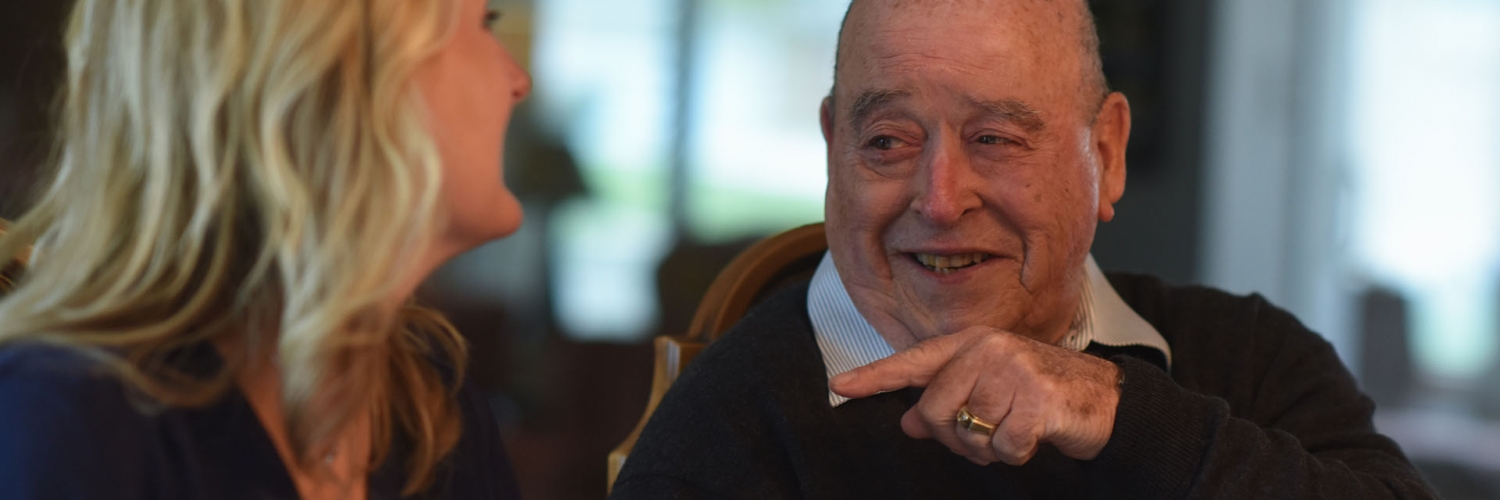I have put some serious thought into this layman’s speculation and frankly agree with his point in principle. Because I have a tendency to be a fact finder and like to have evidence to back up my debatable theories, I did a little bit of research. Interestingly, the American Journal of Preventative Medicine published a study in October of 2000 entitled “Mortality Rates Among US Physicians.” The research done as part of this study concludes that “Among both US white and black men, physicians were, on average, older when they died…than were lawyers, all examined professionals, and all men.” Now because judges frequently are lawyers, there may be a bit of a whole in this theory. Nonetheless, I am going to go with it. Another article written by Linda Carroll and published online in TODAY Money in May, 2012 states “Ambitious, successful people who actually make it to the top not only are richer than the rest of us, but they apparently live longer, too, a new study shows.”
I am sure that we could discuss and debate why these things are true ad nauseam: access to healthcare is surely better for wealthy, successful Americans. Doctors and lawyers aren’t working in the coal mines of West Virginia or on fishing boats in the Bering Sea. There is no disputing that socio-economic status is a significant piece to this longevity. However, I am going to make a simple observation. Being respected, having purpose, and feeling important has a profound effect on our psychological well-being, and therefore our physical health.
When I am walking through assisted living communities, I have a tendency to notice the names on the placards outside of the doors. Perhaps, I am looking to see if I might know someone, but I think I also am interested in gaining some insight into the PERSON who lives behind that door. I love looking at the memory boxes. I especially love seeing the wedding pictures and baby pictures. Time and again, I will see “Dr.” Robert Jones or “Dr.” Roberta Jones on a door. Never do I see, Robert Jones, over-the-road truck driver, farmer, painter, or even teacher on the door. I have known many doctors throughout my career as a pharmaceutical sales rep and a senior care consultant. I know that these people have achieved the status of “doctor” or “lawyer” through sacrifice for their education and profession and long hours and time away from their families. I also know that many of these men and women are humble and would be the first people to say, “We all put our pants on the same way – one leg at a time.”
One would think that infirmity or old age would be the great equalizer, but it isn’t. Why don’t we do our best to change that? The next time we have the opportunity to talk with one of our elders, let’s make it a priority to ask a question about what he or she liked most about her work on the farm, in the classroom, courtroom, serving our country, or in the hospital? Let’s show some appreciation for his individual contribution to whom we are and what we have become on a universal level. One of my newest clients was a “Rosie the Riveter.” I can’t wait to talk with her more about that!
Pam Foti, Owner and Elder Care Consultant



